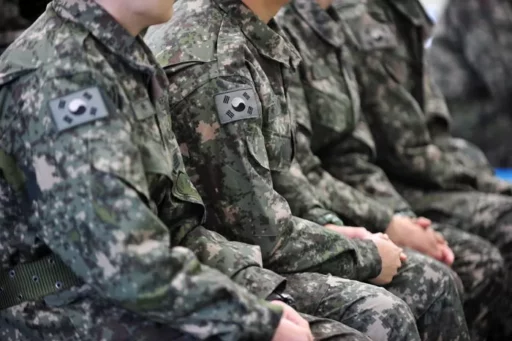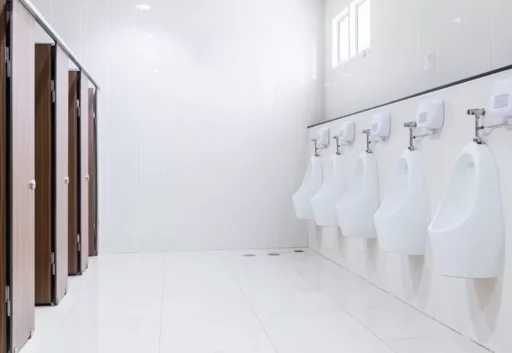The Supreme Court has ruled that consensual sexual acts among military personnel, whether during duty or in living quarters, should be deemed a violation of military discipline and thus subject to punishment.
This ruling is considered the first instance of specific punitive criteria being outlined following the Supreme Court's 2022 full bench ruling that affirmed consensual sexual relations between same-sex military personnel in private settings should not automatically result in punishment.

According to legal sources, the Supreme Court's third chamber (Chief Justice Lee Heung-koo) overturned the lower court's acquittal of former military personnel A, who was indicted for committing indecent acts under military law, and sent the case back to the Uijeongbu District Court for a guilty verdict.
While stationed at an army unit in Nonsan, South Chungcheong Province, A was charged with engaging in similar sexual acts with military personnel B in a segregated living quarters during break time in July 2020 and later in a bathroom inside the barracks during a sentinel duty in September of the same year.
**Change in court judgment regarding the applicability of 'indecent acts' under military law**
The prosecution applied Article 92-6 (indecent acts) of the military law, which stipulates that "a military personnel who engages in anal intercourse or other indecent acts shall be punished by imprisonment for not more than two years." The crucial issue was whether the sexual conduct of the two was considered 'indecent acts' under military law.

Historically, courts have imposed penalties for sexual conduct or contact among male military personnel, regardless of consent. In the first instance of this case, A was sentenced to four months in prison, suspended.
However, a change occurred in April 2022 when the Supreme Court's full bench ruled in favor of male military personnel who engaged in consensual sexual acts at off-base single-person accommodations. Consequently, the second instance cited the 2022 full bench ruling and acquitted A.
The second-instance court concluded, "The acts occurred during personal time while living separately in a segregated living quarters, and it is difficult to view this as a direct and concrete violation of military discipline."

Regarding the acts during sentinel duty, the court stated, "Although it took place during working hours, it occurred discreetly in the highly private environment of a bathroom. It is hard to conclude that this disrupted the performance of duties."
**The Supreme Court presents judgment criteria considering the characteristics of military organizations**
Nevertheless, the Supreme Court overturned the lower court's decision and deemed all charges guilty. While recognizing the sexual autonomy of military personnel, the Court proposed that in places and situations that must maintain military hierarchy and collective living conditions, the application of military law’s indecent acts provision is justified.
The Supreme Court asserted, "Living quarters are part of military training or collective group life, where discipline and hierarchy are required, and a military personnel on sentinel duty is clearly performing a mission due to military necessity." It concluded that the second-instance court's focus solely on whether A and B's acts occurred outside of working hours or in isolated places was erroneous concerning military discipline violations.
Image Source: Material images for understanding the article / gettyimagesbank


